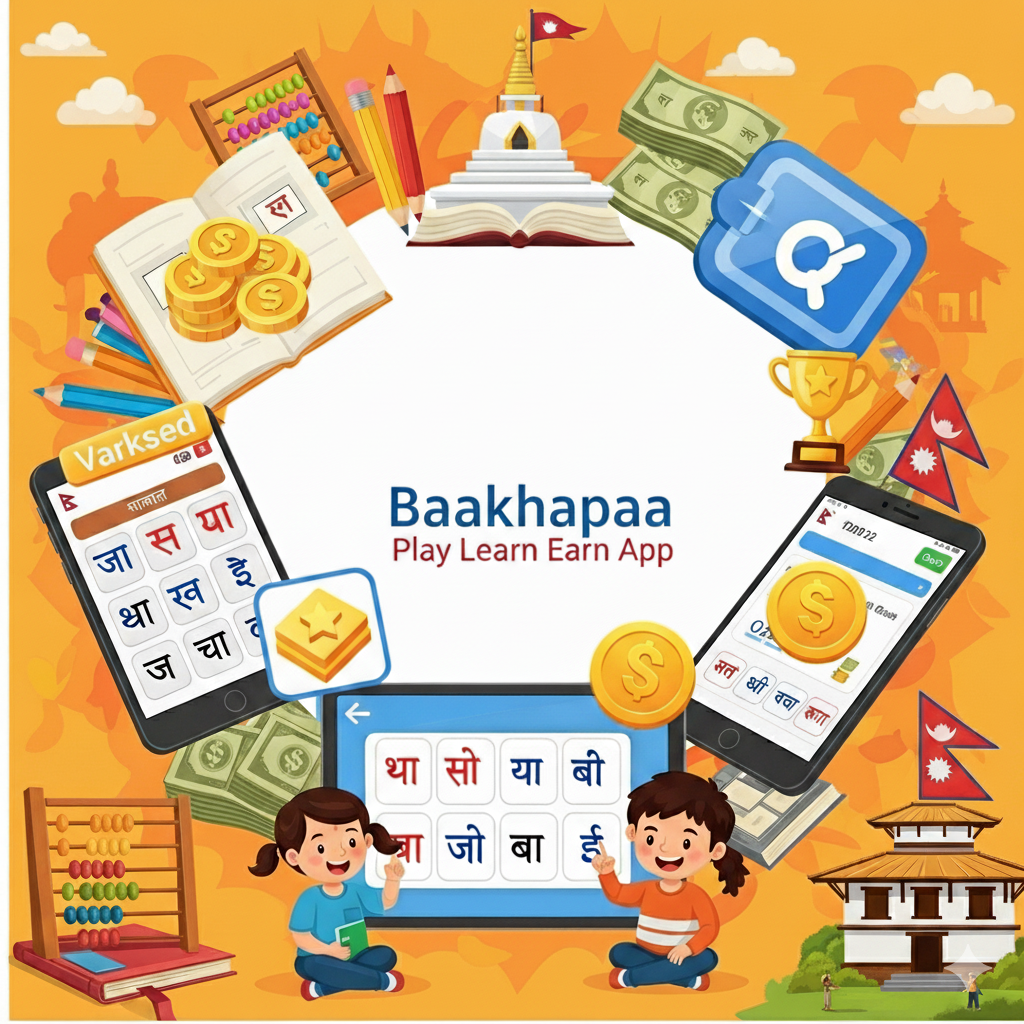The Ultimate Guide to Starting Your Nepali Share Market (NEPSE) Journey in 2025/2026
The Nepali share market, known as NEPSE (Nepal Stock Exchange), has captured the imagination of many. From exciting IPOs to the potential for long-term growth, it offers a fascinating avenue for wealth creation. However, for absolute beginners, the jargon and processes can seem daunting.
If you're looking to start investing in Nepali stocks in 2025/2026, you've come to the right place. This beginner-friendly guide will demystify the essential steps, introduce you to key concepts, help you avoid common pitfalls, and set you on a confident path in the NEPSE market.
Disclaimer: This guide provides general information for educational purposes only and is not financial advice. Investing in the stock market involves risk, and you could lose money. Always do your own thorough research or consult with a licensed financial advisor before making any investment decisions.
Step 1: Open a Demat Account – Your Digital Vault for Shares
Before you can buy or sell any shares, you need a Demat (Dematerialized) account. This account holds your shares in an electronic format, replacing physical share certificates.
How to Open a Demat Account in 2025/2026:
- Choose a Depository Participant (DP): DPs are typically banks, financial institutions, or licensed stockbrokers authorized by CDS and Clearing Ltd. (CDSC) to provide Demat services. You can often open one with the bank where you have your existing savings account.
- Required Documents: You'll need:
- Nepali Citizenship Certificate (Nagarikta)
- Passport-sized photos
- Bank account details (linked to your Demat account for transactions)
- Optional: Proof of income (for higher trading limits or certain types of investments later on, though not strictly required for basic Demat opening)
- Application Process: Most DPs offer online application processes through their websites or apps, followed by an e-KYC (Know Your Customer) verification (often a quick video call) and digital signing. You can also visit a branch for offline application.
- Receive Your Client ID: Once approved, you'll receive a unique 16-digit Demat Client ID (Beneficiary Owner ID - BOID).
Step 2: Choose and Open a Trading Account with a Stock Broker
While your Demat account holds your shares, you need a brokerage account to buy and sell them on NEPSE. Stockbrokers are the intermediaries that execute your orders on the exchange.
Choosing a Broker in 2025/2026:
- Licensing: Ensure the broker is licensed by the Securities Board of Nepal (SEBON). You can check SEBON's official website for a list of registered brokers.
- Platform and User-Friendliness: Most trading now happens online via the NEPSE Trading Management System (TMS). Look for a broker whose TMS portal is user-friendly, provides real-time data, and is reliable. Some brokers offer their own mobile apps as well.
- Fees and Commissions: Compare brokerage commissions (charges on buying/selling shares), Demat account maintenance fees, and any other hidden charges. While fees are generally standardized across NEPSE, minor differences might exist.
- Customer Service: As a beginner, responsive customer support can be invaluable when you have questions or encounter issues.
- Research and Tools: Some brokers provide basic market research, company information, or educational resources which can be helpful.
Once you choose a broker, they will guide you through opening a trading account, which often involves another KYC process and linking your bank and Demat accounts.
Step 3: Understanding Initial Public Offerings (IPOs) – A Popular Entry Point
IPOs are often the first taste of the share market for many Nepali investors. An IPO is when a private company first offers its shares to the public.
How to Apply for an IPO in Nepal (2025/2026):
- Announcement & Prospectus: Companies announce their IPOs and publish a prospectus (offer document) detailing their business, financials, risks, and the IPO terms. Keep an eye on financial news portals or SEBON's website.
- Mero Share Account (Crucial!): To apply for IPOs online, you must have a "Mero Share" account. This is an online portal provided by CDSC, linked to your Demat account, which facilitates IPO applications and viewing your share holdings. You get Mero Share access through your DP.
- CRN (C-ASBA Registration Number): You'll need a CRN from your bank. This links your bank account to the Mero Share system for IPO applications.
- Online Application (Via Mero Share): Most applications are now done through the Mero Share portal or app. You select the IPO, enter the number of units you want to apply for (usually a minimum of 10 units), and specify your CRN. The equivalent amount will be blocked in your bank account until allotment.
- Allotment: Due to high demand, IPOs are often oversubscribed. Shares are typically allotted through a lottery system for smaller investors. You'll be notified via Mero Share if you've received shares.
Step 4: Reading Basic Market Data – What Do the Numbers Mean?
Once you're set up, you'll want to understand the market.
- NEPSE Index: This is the primary benchmark, indicating the overall performance of the Nepali stock market. If NEPSE Index is up, generally the market is doing well.
- Share Price: The current price at which a stock is being traded.
- Open, High, Low, Close: These refer to the price at the market open, the highest price, the lowest price, and the closing price for a given trading day.
- Volume: The number of shares traded for a particular stock in a given period. High volume often indicates high interest in the stock.
- Market Depth: Shows the number of buy and sell orders at different prices.
- Listed Companies: The companies whose shares are available for trading on NEPSE.
You can view live NEPSE data on the NEPSE website, your broker's TMS portal, or various financial news websites in Nepal.
Step 5: Common Mistakes to Avoid for New Investors
Investing in the Nepali share market, like any market, comes with risks. Avoiding these common pitfalls can save you money and heartache:
- Blindly Following Tips/Rumors: Don't invest based on what you hear in social media groups or from unverified sources. Always do your own research.
- Not Understanding the Company: Before investing in any company, understand its business model, financial health (check reports on SEBON website, company websites), management team, and industry outlook.
- Lack of Diversification: Don't put all your money into a single stock or sector. Spread your investments across different companies and industries to reduce risk.
- Emotional Trading: Don't buy purely out of greed (when prices are soaring) or sell out of fear (when prices are falling). Stick to your investment plan.
- Short-Term Focus: While quick gains happen, the stock market generally rewards long-term investors. Don't expect to get rich overnight.
- Not Investing What You Can Afford to Lose: Only invest capital that you are comfortable losing. The market can be volatile.
- Ignoring Fees: Be aware of brokerage commissions, Demat charges, and other fees that can eat into your returns.
Starting your NEPSE journey in 2025 is an exciting prospect. By understanding the basics of Demat accounts, brokers, IPOs, market data, and by avoiding common mistakes, you'll be well-equipped to navigate the Nepali share market confidently. Happy investing!
Please login to leave a comment.


 Rakesh Rajbhat
Rakesh Rajbhat




